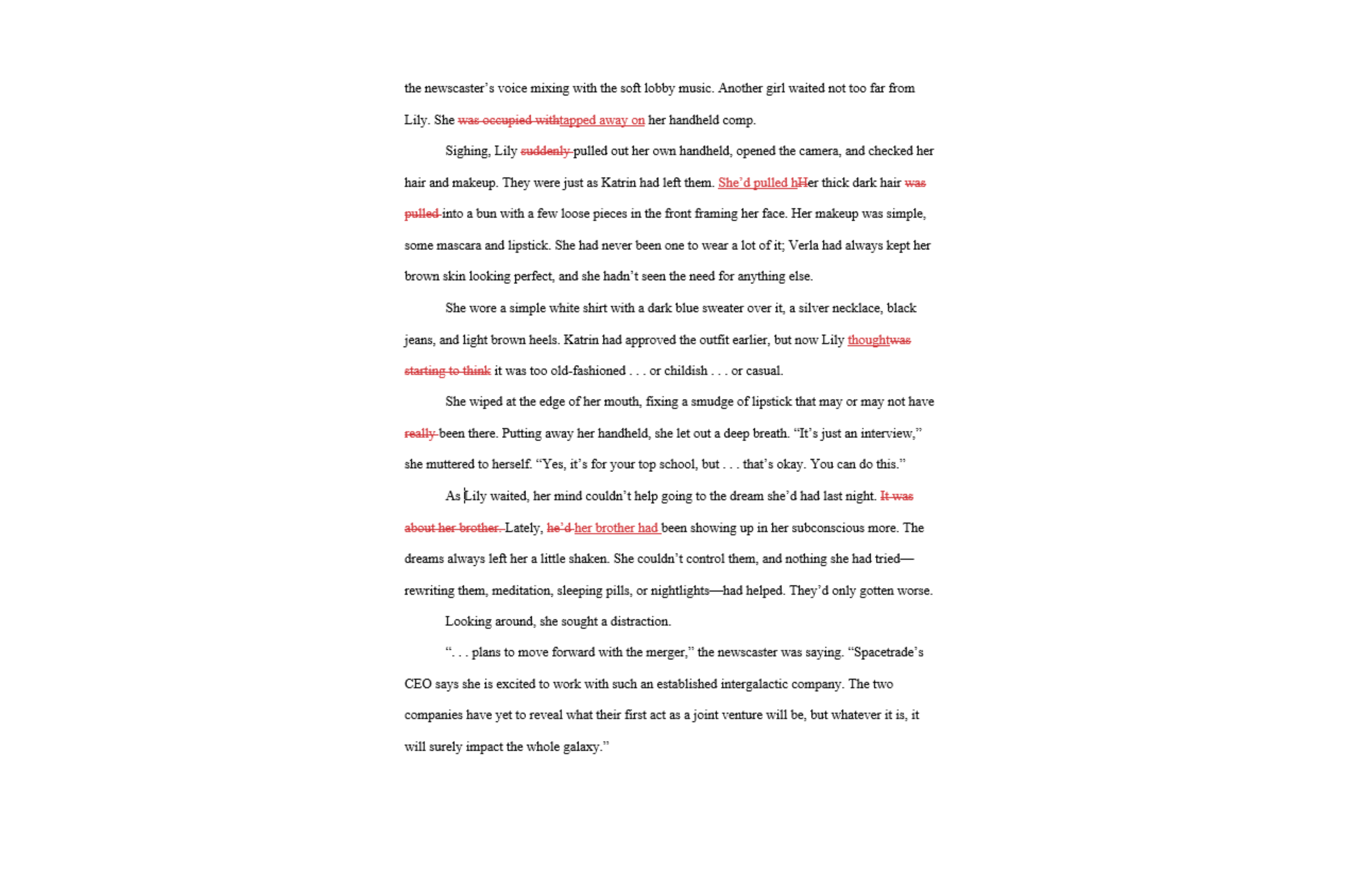Category: Writing
-
Show, Don’t Tell: Finding Balance Between Showing and Telling

If you’ve been in the writing community for any amount of time, you’ve probably heard the advice “show, don’t tell.” This is one of the most common recommendations in the writing world. And for good reason. When a story is full of telling, it’s boring. Readers want to be immersed in a narrative. They want… Read more
-
A Story and B Story Explained

What Are A and B Stories and How to Connect Them There’s a lot of confusion out there about what an A Story is and what a B Story is. These terms get thrown around in both screenwriting and novel writing, but what do they mean? What’s a B Story character? What’s the difference between… Read more
-
How to Organize Your Worldbuilding for Fantasy and Sci-Fi Worlds

Have you ever come to a spot in your book where it is time to discuss some piece of worldbuilding, so you look through your notes but can’t find the details you need? You look through notebooks, journals, documents on your computer, and notes on your phone, but can’t find what you’re looking for. If… Read more
-
A Guide to Writing Dialogue in Novels and Stories

How to Format Dialogue and Tips for Better Dialogue Writing dialogue can be complicated. From knowing where to put a comma or a period to knowing when to use single quotes, there are a lot of rules to keep in mind, not to mention you have to make sure the dialogue sounds authentic. This guide… Read more
-
How to Create Powerful Internal Conflict in Your Characters

Internal conflict is one of the most important aspects of writing a story. Without it, characters fall flat and aren’t relatable to readers. But with it, they feel authentic, like real people. However, it can be difficult to create internal conflict that resonates with readers and drives the story. So, here’s a guide for crafting… Read more
-
5 Ways to Create Convincing Character Personalities

It’s tough to create character personalities that feel real—not to mention a cast of characters that feel authentic. Each character needs a personality that’s unique and different from your own. And, of course, there’s internal conflict, which deserves its own blog post (read that post here). You only have experience being you. So how do… Read more
-
How to Write an Intriguing Opening Line for Your Novel

The opening line of your novel—the thing you’ve probably agonized over. Other than the title, cover, and blurb, it’s the first thing your potential readers will see. And it can make the difference between whether they decide to keep reading or put the book down forever. No pressure, right? So, how do you come up… Read more
-
How to Take the Pressure Out of Writing—Why You Should Write a Practice Book

My journey to learning how to take the pressure out of writing began six years ago. I was a freshman in college with a dream of becoming an author. There was just one problem. I had no idea how to actually write a book. Sure, I had written stories before (mostly novellas, short stories, and… Read more
-
Words and Phrases to Delete to Improve Your Writing

Let’s face it. We all seem to use filler words, passive voice, and weak verbs, adverbs, and adjectives in our writing. But these words and phrases can be really hard to spot when you’re editing your story, and they don’t improve your writing. Sometimes they just slip in, but they’re definitely not necessary all the… Read more
-
Info Dumping Explained: Sharing Information Without Overloading Readers

The dreaded info dump. The bane of many writers’ existence. We all struggle with info dumping sometimes. Because, yes, we need to explain things, we need readers to know the information, and, sometimes, we really need to show off how cool the worldbuilding is. Or at least we feel like we need those things. Info… Read more
